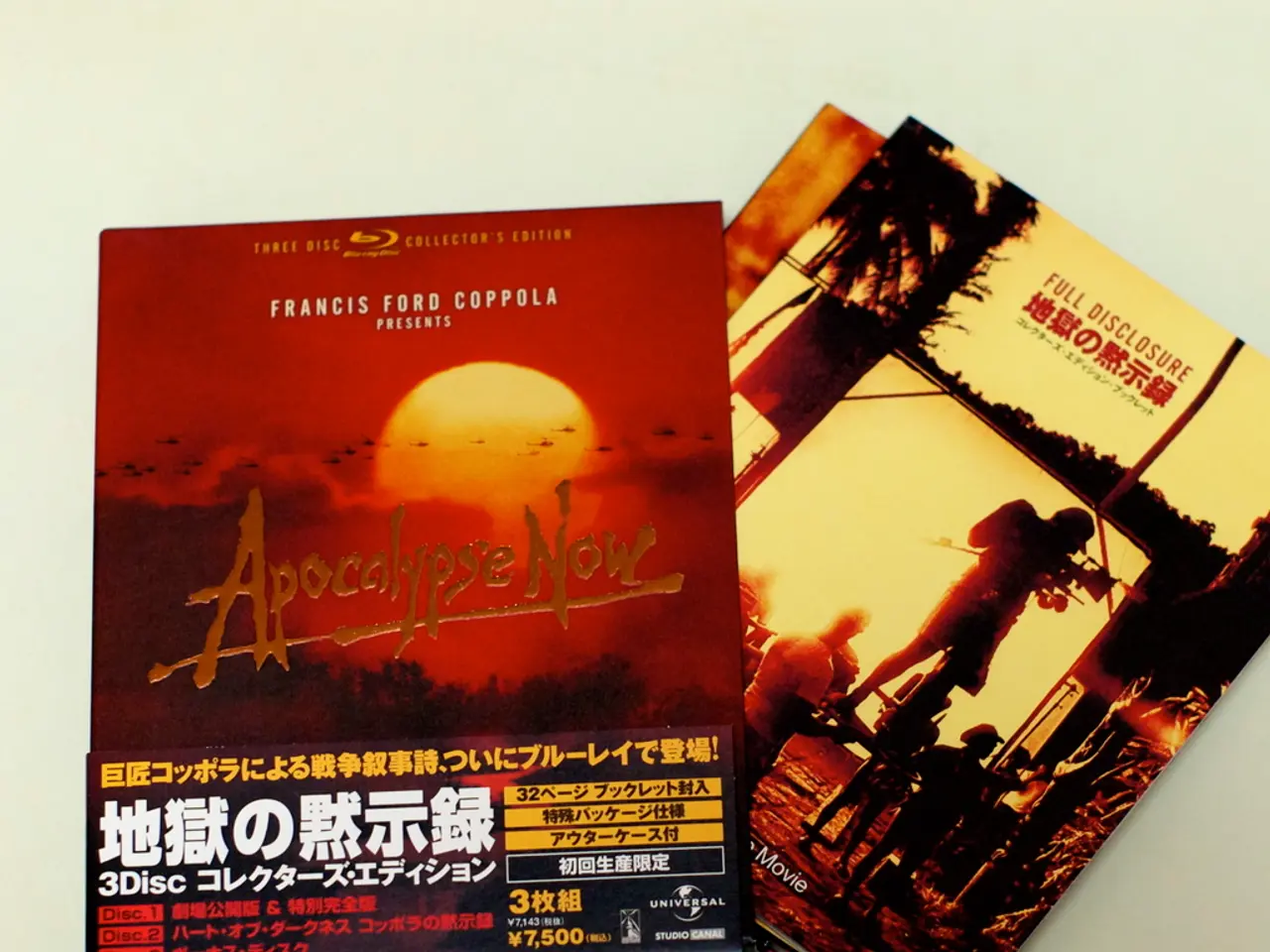Definition of Postmodernist Film:
Postmodernist Cinema: Revolutionising Contemporary Film
Postmodernist films, which emerged in the latter half of the 20th century, have significantly shaped the landscape of contemporary cinema. Rooted in the broader cultural and philosophical movement of postmodernism, these films offer critical commentary on contemporary culture, consumerism, and the media, reflecting on the commodification of culture and the impact of mass media on society.
The rise of technological advancements in media, such as television, video, and digital media, played a crucial role in shaping postmodernist cinema. These innovations enabled new forms of storytelling and self-referentiality, allowing filmmakers to push the boundaries of conventional cinema.
Postmodernist thought was heavily influenced by philosophers Jean-Francois Lyotard and Jean Baudrillard, who emphasized the de-centered nature of contemporary existence and challenged the grand narratives of modernism. This philosophical backdrop provided a fertile ground for filmmakers to explore complex notions of identity, reality, and the human psyche.
Quentin Tarantino's films, such as "Pulp Fiction" and "Reservoir Dogs," are quintessential examples of postmodernist cinema. Known for their eclectic style, non-linear narratives, and intertextual references, Tarantino's films effectively create a world that is self-referential and layered with cultural references.
Time can be manipulated in postmodernist films, with time loops, parallel timelines, and anachronistic elements that disrupt the linear flow of the narrative. Charlie Kaufman's screenplays and directorial efforts, including "Being John Malkovich" and "Eternal Sunshine of the Spotless Mind," delve into the complexities of memory, identity, and the human psyche, blurring the line between reality and fantasy.
Postmodernist films explore complex notions of identity, presenting fragmented, unstable, and multiple identities. Characters may grapple with questions of authenticity and the nature of the self, highlighting the fluid and constructed nature of identity in the postmodern world.
Surrealist Luis Bunuel, New Wave's Jean-Luc Godard, and Orson Welles were early modernist filmmakers who paved the way with their innovative techniques and willingness to break from conventional cinema. Their work laid the groundwork for the experimental and subversive tendencies of postmodernist film.
David Lynch's work, including "Blue Velvet" and "Mulholland Drive," exemplifies postmodernist themes of reality, identity, and the subconscious, employing surreal and dreamlike visuals.
Postmodernist filmmakers like Tarantino, Lynch, the Coen Brothers, Paul Thomas Anderson, and Charlie Kaufman have profoundly influenced contemporary cinema by challenging traditional storytelling, narrative structure, and genre conventions. Their legacy is marked by techniques such as nonlinear storytelling, self-awareness, irony, intertextuality, and pastiche, which invite audiences to engage more actively and ambiguously with film narratives.
These filmmakers often reject a single authoritative narrative, employing fragmented plots and multiple perspectives that mirror postmodern skepticism about grand, unified stories. For example, Quentin Tarantino is famous for his nonlinear narratives and blending of genre tropes, effectively creating films that are self-referential and layered with cultural references. David Lynch’s surreal and ambiguous storytelling explores themes of identity and reality in ways that resist straightforward interpretation, while the Coen Brothers often mix dark humor with genre pastiche and tonal shifts, subverting audience expectations.
Paul Thomas Anderson and Charlie Kaufman similarly use complex narratives and themes that emphasize subjectivity, fragmentation, and metafiction. Kaufman’s work, especially, interrogates reality and identity with a reflexive, postmodern sensibility that questions the borders between fiction and life.
Overall, these directors have shaped modern filmmaking by expanding the possibilities of cinematic form and narrative, encouraging a more active, interpretive engagement from viewers, and fostering a cinema that is self-aware, referential, and thematically rich. Their influence is seen in how contemporary films incorporate irony, genre blending, and multiple layers of meaning, disrupting traditional Hollywood storytelling and appealing to audiences attuned to cultural intertextuality and thematic complexity.
This legacy aligns with broader postmodern cultural practices that mix styles, blur boundaries, and question established norms, continuing the postmodern emphasis on deconstructing identity, reality, and history. The questioning of reality, identity, and cultural norms continues to resonate with contemporary audiences, while digital technology and social media amplify postmodernist themes.
In summary, postmodernist filmmakers have left a lasting impact by transforming how stories are told in cinema, promoting innovation in narrative and thematic exploration that defines much of contemporary film artistry. Techniques such as non-linear storytelling, genre blending, and intertextuality have become commonplace, and the legacy of postmodernist filmmakers continues to influence contemporary cinema.
Postmodernist cinema has profoundly contributed to the development of narrative structures in contemporary film, often employing non-linear plot progressions and intertextual references to create complex, self-referential narratives. This approach to storytelling, seen in the works of directors like Quentin Tarantino and David Lynch, has revolutionized entertainment by inviting audiences to engage more critically and actively with the narrative.
The influence of postmodernist filmmakers extends beyond just narrative structures; their work also explores the complexities of identity, reality, and human psychology, challenging traditional storytelling and offering engaging, thought-provoking entertainment for contemporary audiences.






